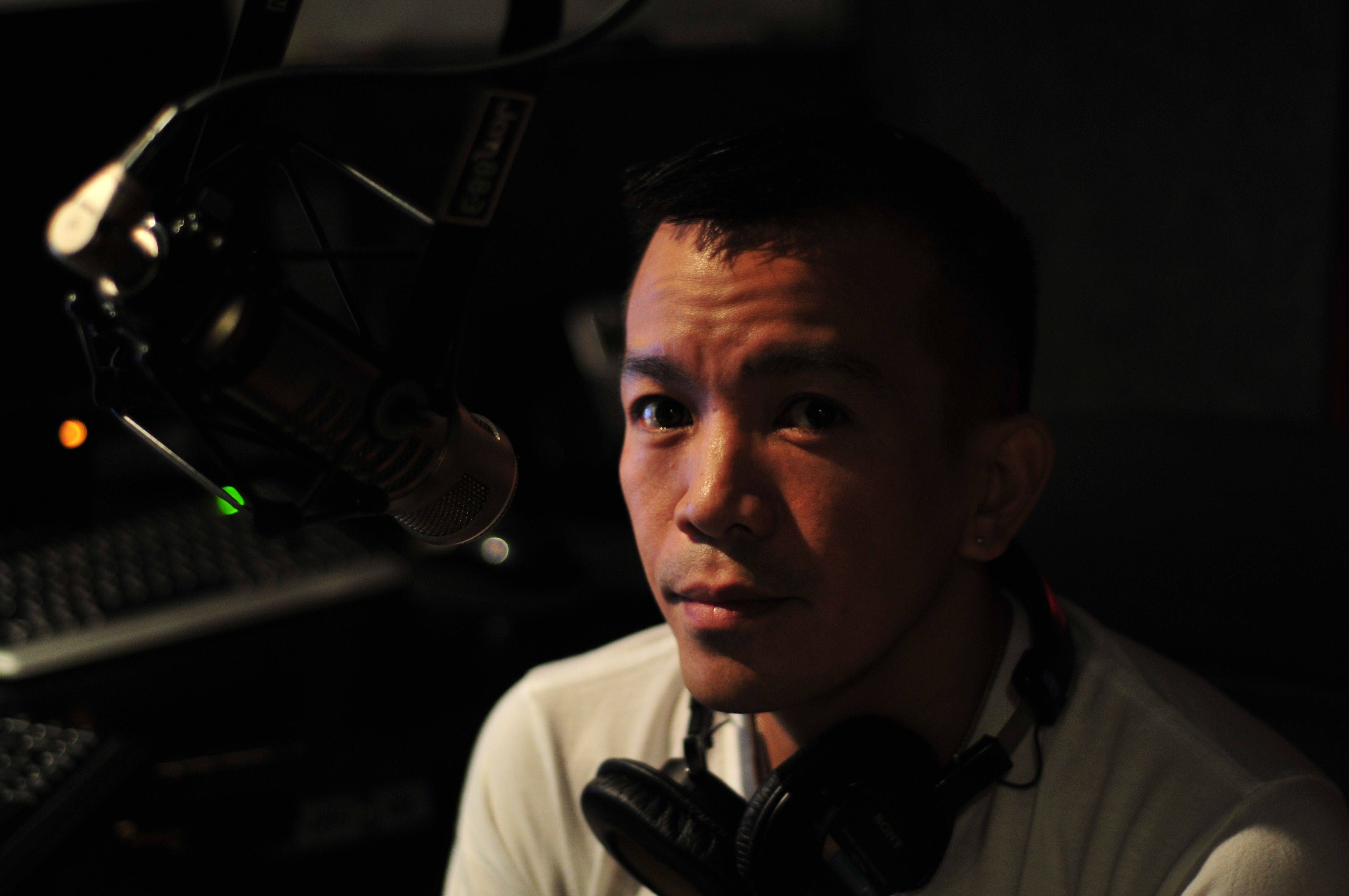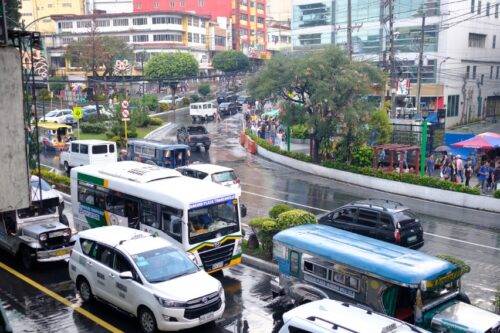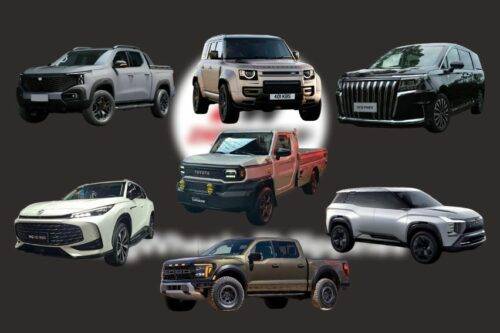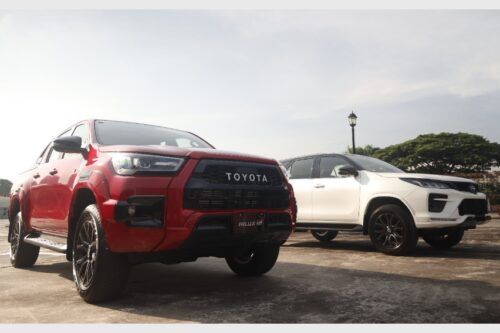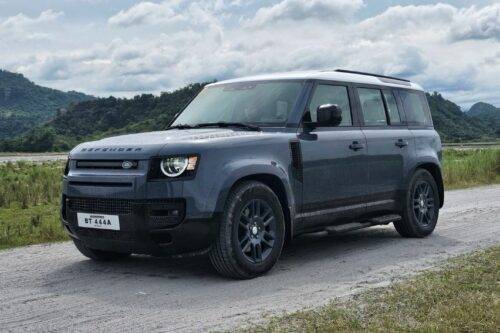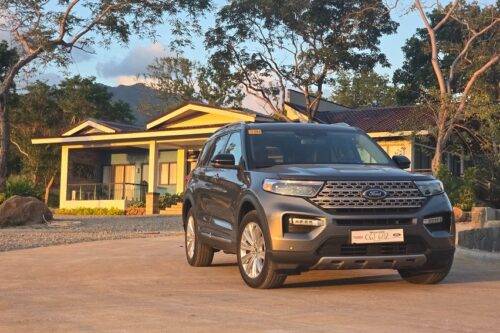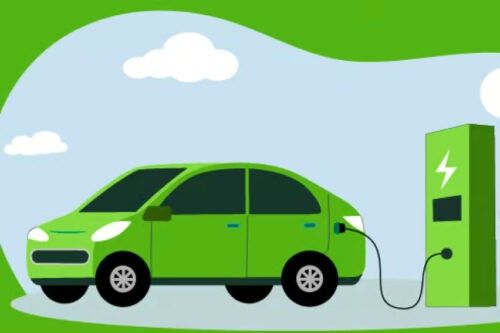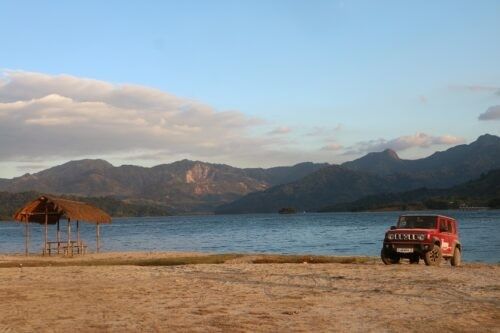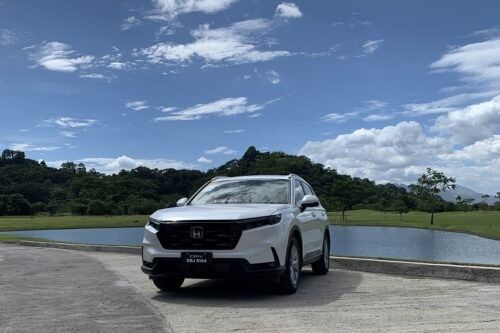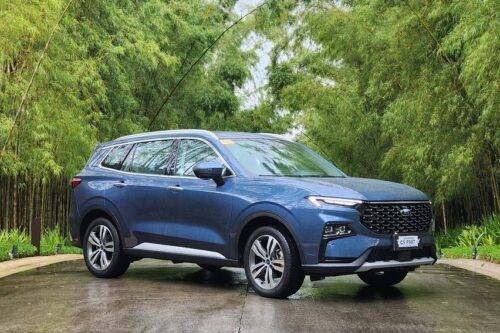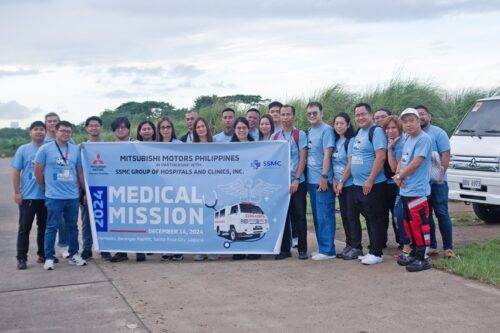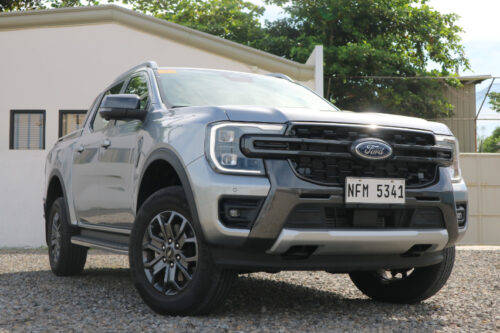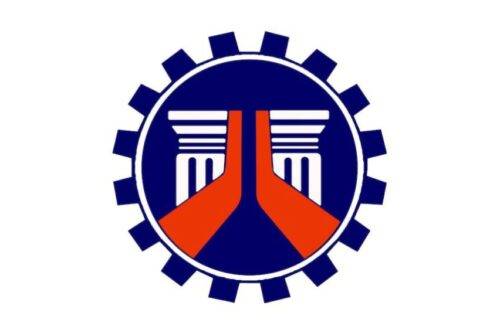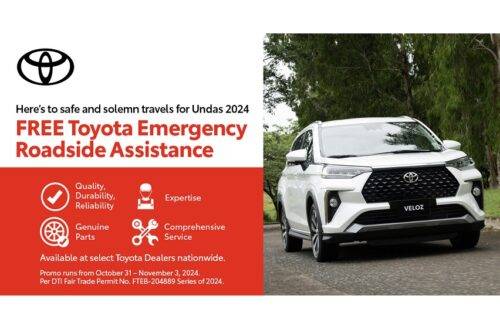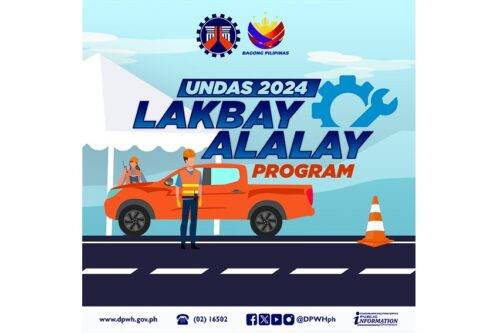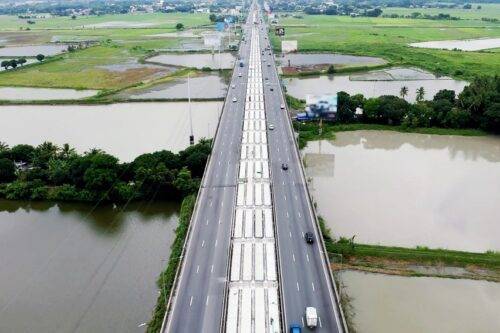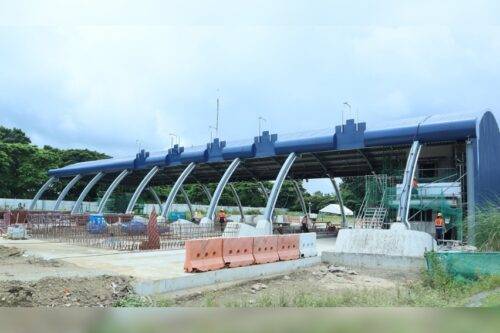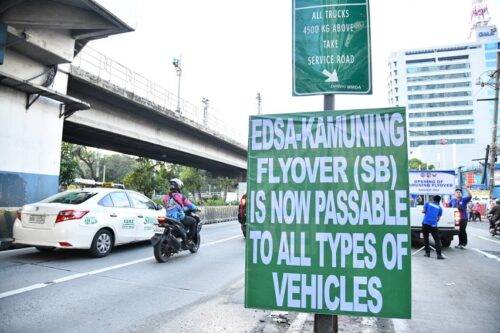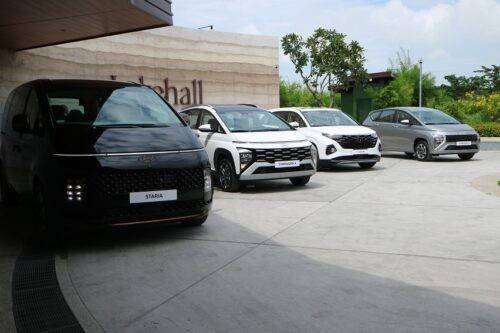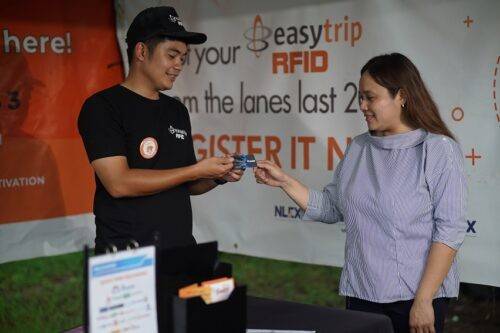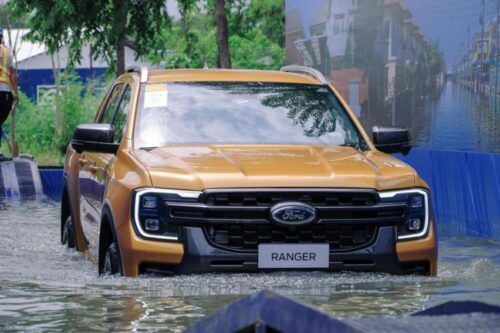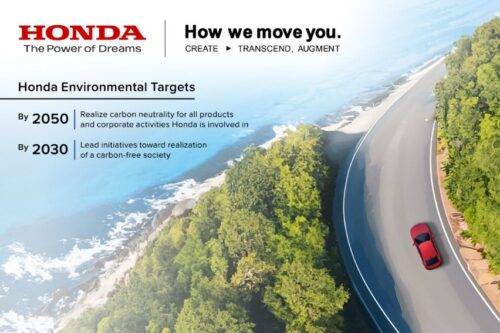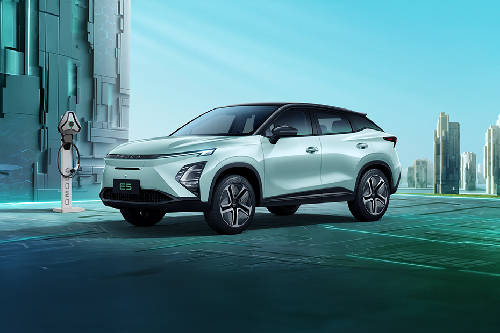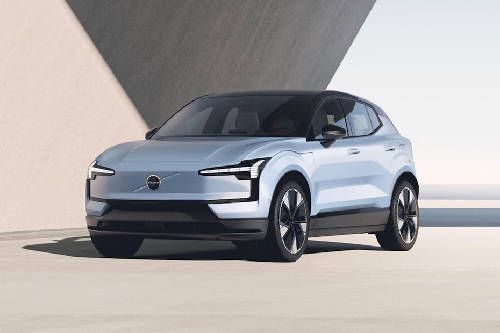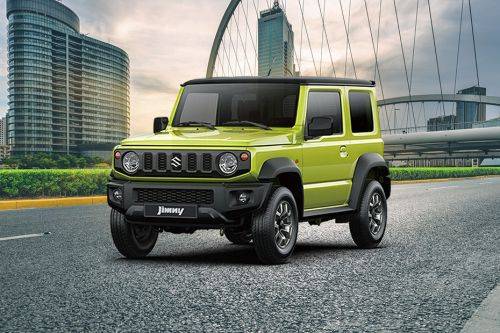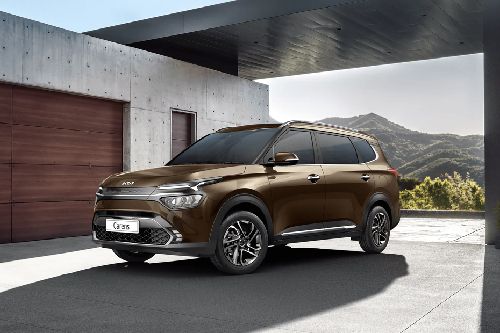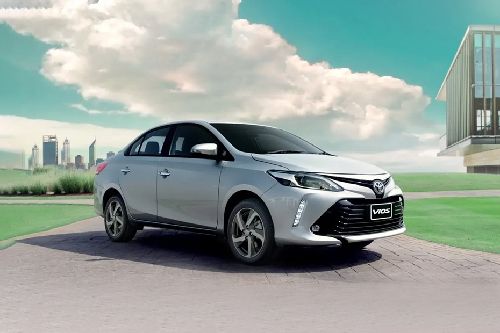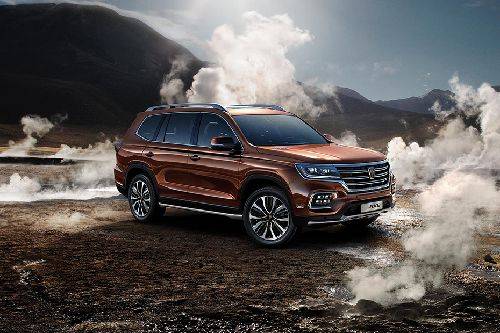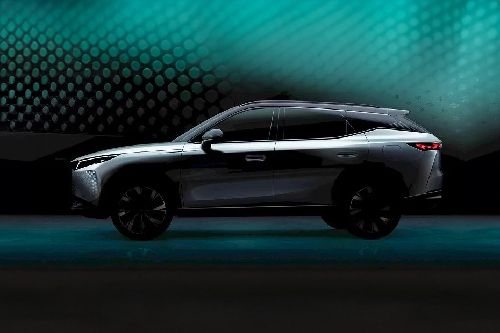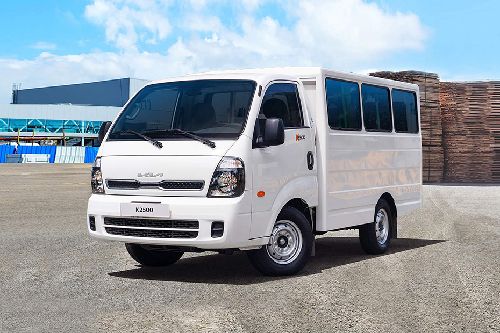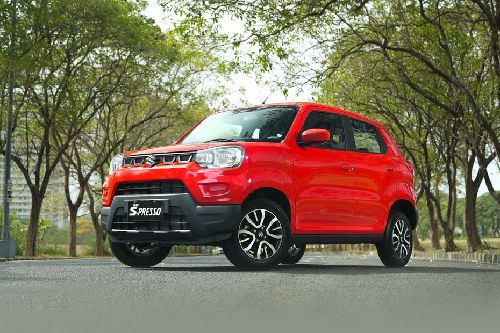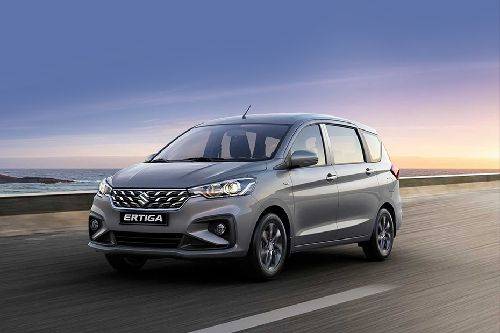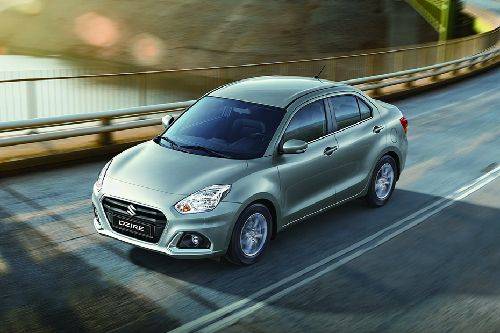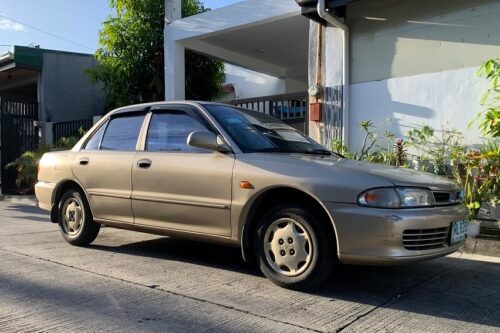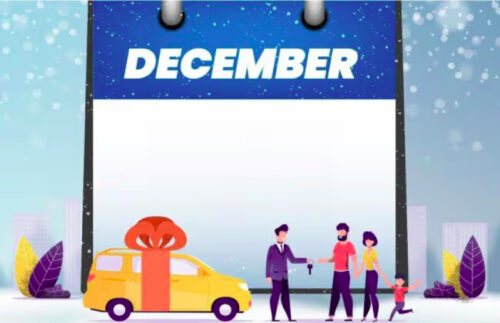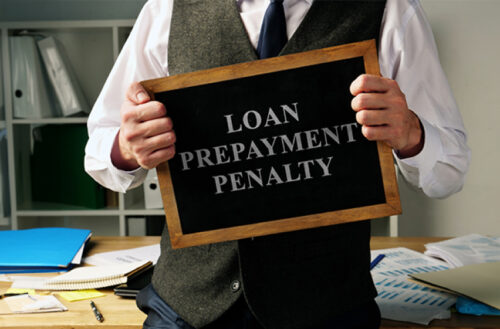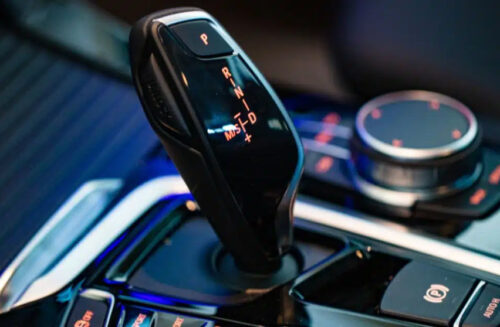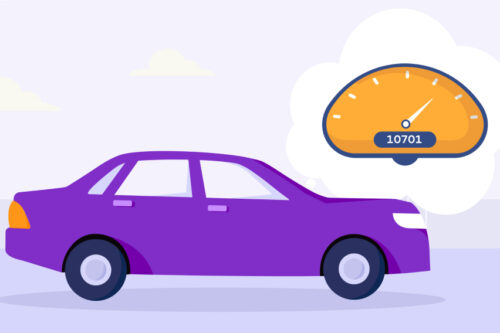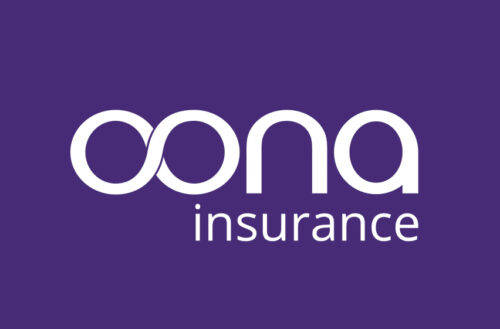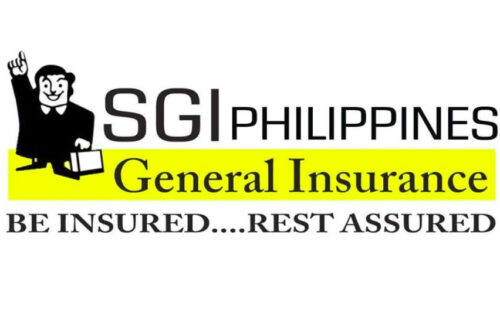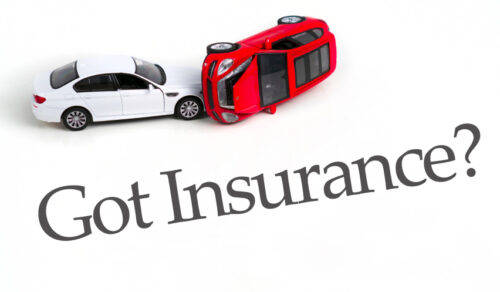Driving out during the quarantine? Read this first

Do you have your car key in hand and are ready to go out for a supply run, or maybe because you're getting anxious being cooped up at home?
Remember these sagely words of advice before driving out during the quarantine. After all, you shouldn’t really be going out, you know.
It’s really not just for your health and safety. The government’s "enhanced community quarantine" until April 14, 2020 mandates you to do so.
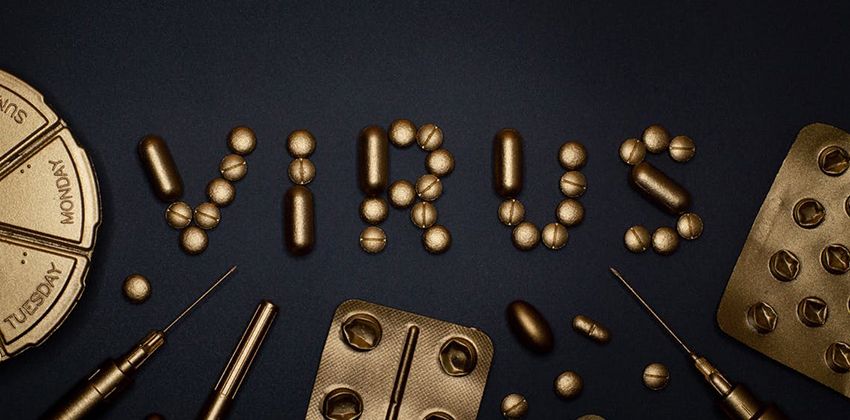
Are you allowed to go out?
You may if you're an employee in any of these industries:
- Healthcare and retail establishments like supermarkets, groceries, wet market, convenience stores, and pharmacies;
- Banks, power, energy, water, and telco services (as part of the skeleton crew keeping the service operational);
- Water-refilling and fuel stations, including LPG suppliers;
- Hygiene products and food production;
- Movers of food and non-food cargo;
- Media practitioners with IPC (International Press Center)- issued credentials.
If you’re part of this list, you will be allowed unimpeded and unhampered mobility with or without an Inter-Agency Task Force (IATF) ID. All you need to present is a company ID and/or a PRC (Professional Regulation Commission) ID, or proper explanation of the what and why concerning the goods you’re transporting.
The majority of us is not on that list, but if you still must drive, it has to be for something of essential or of vital importance like acquiring food and/or medicine, a significant bank errand, or a medical appointment or consultation for an urgent health issue.
What to keep in mind
- The Unified Vehicular Volume Reduction Program or number coding scheme has been lifted since March 17, 2020, until further notice.
- Only one person per household is allowed to go out.
- Bring a face mask and a bottle of disinfectant like alcogel or 70% isopropyl alcohol.
- If your LGU (local government unit) requires you to secure a quarantine pass, bring it. If you don’t have one yet, get one from the Barangay Hall of your community.
- Do not loiter. Go directly to your destination, finish your business and make a hasty but safe return.
- Bring the following if applicable: ID cards (preferably company or government issued), proof of residence, certificate of employment, other valid and widely accepted certifications.
- You can drive an OFW, balikbayan, or a foreign national to the airport for a flight abroad as long as the departure is 24 hours from the time they leave home/hotel. Pick-up from the airport is also possible. On both occasions, you must be able to show the passenger’s itinerary — whether digital or a hard copy. A sendoff/welcome party is not allowed to tag along; only the driver and the person/s flying in/out will be allowed in in the vehicle.
If you have a unique situation that needs clarification, the Department of Transportation (DOTr) has put up free-to-call hotlines. That’s 8405-5517 to 5524. It’s open from 7 a.m. to 7 p.m. Monday to Friday and from 8 a.m. to 12 p.m. on weekends. Other non-toll-free numbers are 7980-2387 and 7980-2390. Their mobile numbers 0917-8768535 and 0917-8768523 will be able to receive inquiries via SMS any time, day or night. Regular charges apply.
If you have a Covid-19-specific question, call or text the Coronavirus disease 2019 hotline of the Department of Health (DOH) at 894 COVID (894-26843) and 1555 for Smart mobile users.
Expect checkpoints between cities, municipalities, towns, and even at the barangay and subdivision level. It will be manned by either barangay officials or members of the Philippine National Police and/or the Armed Forces of the Philippines.
Barriers will be in place, and you’ll also see mobile units of the agency on duty positioned accordingly. Turn your lights off as you approach (if it’s nighttime), slow down until you get to a full stop, roll down your window and prepare to do the following:
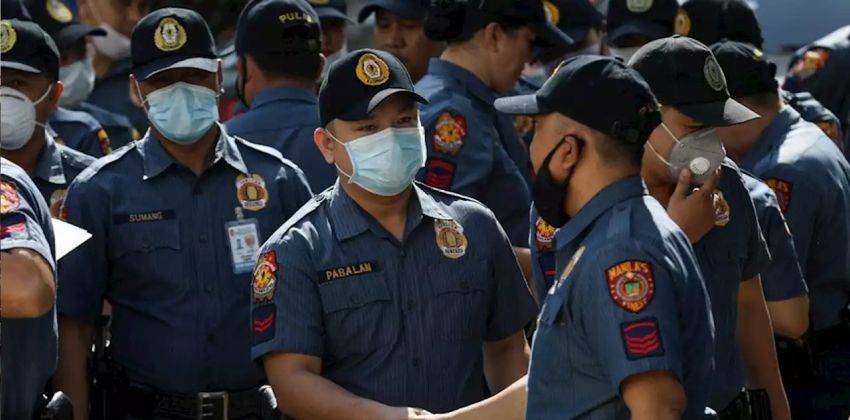
- Tell them your destination and the reason you’re out.
- Show pertinent documents if they ask for them.
- Allow them to check your body temperature.
Don’t be arrogant. Show the utmost courtesy. Some of these officers have been on duty for 24 hours, others going on 48 — with very little to no food to sustain them.
Say, “Thank you very much, Sir/Ma’am!” to the men and women in uniform you encounter before you go. Being there is a thankless job that no amount of money can ever repay. They're out there, exposed to the elements and the dreaded virus, at great personal risk, to make sure we are safe — a 24/7 sacrifice they make for the oath they took. That’s a commitment most of us can’t make. It’s the least we can do.
You’ll be allowed to go through if your reason is valid, unless you exhibit symptoms like fever, cough, and colds. Some checkpoints even have vehicle decontamination systems that spray disinfectant as you drive off.
Once you reach your destination, wear the face mask if you’re stepping out of the vehicle. Most groceries, supermarkets, stores, and pharmacies will require you to put one on before entering.
Maintain physical distancing of at least one meter or 3.2 feet, if possible. It’s not just for your safety; it’s the law.
Try to get everything done so that you can reduce your number of runs from as little as possible to never again.
If you’ve touched stuff, use the disinfectant before entering the vehicle so you at least eliminate the virus in your hands and don’t transfer them to the key fob, steering wheel, gear shifter, and other interior appointments you touch.
Go straight home and don’t touch anything or anyone. Leave your shoes by the entrance and disinfect all the items you’ve bought before bringing it inside the house. If you used reusable bags, wash them with your clothes. Plastics and paper bags should go straight into a trash liner. Spray over with disinfectant and then seal it.
Remove the clothes you’re wearing and put them in the washing machine. Wash it with detergent in warmest temperature written on the clothing label and then tumble-dry for at least 30 minutes. If you can’t wash it yet, hang it outside the house; same with the reusable bags (preferably in a place far from people and where it can get plenty of sunshine).
Take a long and hot (if possible) bath.
Looking back, I know everything appears very OC but remember, these are extraordinary times and it falls upon the national and local government, and more importantly, to every single one of us to do our part to prevent the spread of Covid-19.
Your best move is to avoid driving again, at least until the end of the quarantine. Have everything delivered, if possible. Don’t be stubborn and quit thinking up reasons to go out. In the words of Secretary Karlo Nograles, “If in doubt, DON’T..” Otherwise, go back to the top and read all over again.
Sell your car at the best price
 Verified and genuine buyers
Verified and genuine buyers
PIMS 2024
Trending & Fresh Updates
- Latest
- Popular
You might also be interested in
- News
- Featured Stories
Featured Cars
- Latest
- Upcoming
- Popular
Latest Car Videos on Zigwheels

Car Articles From Carmudi
- journal
- advice
- financing
- insurance
